On December 26th, Beijing time, a shocking revelation emerged as the Chinese Table Tennis Team (CTTA) announced their lineup for the Singapore Grand Slam, which notably excluded Fan Zhendong and Chen Meng. Liu Guoliang, the head coach, has been promoting four new players, but three of them are not exactly newcomers!
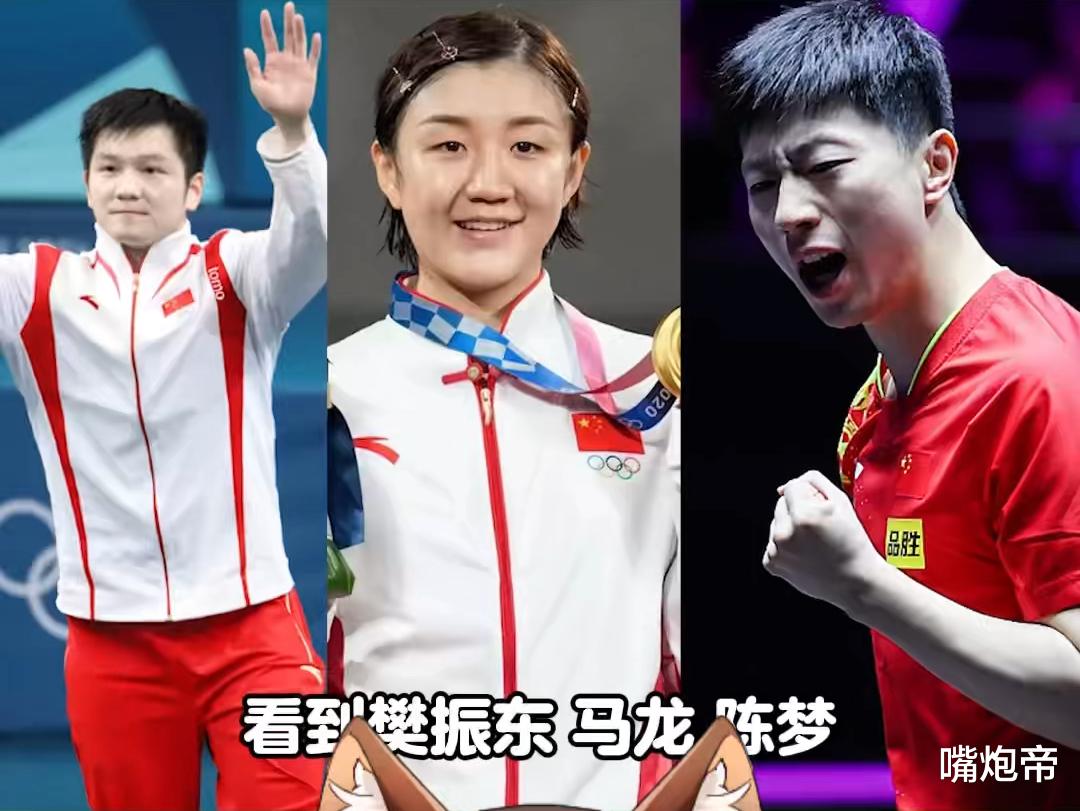
The CTTA unexpectedly released the participant list for the Singapore Grand Slam, the first top-tier event in 2025, which has sparked significant controversy. Let's take a look: On the women's singles side, Sun Yingsha, Wang Manyu, Chen Xintong, and Wang Yidi are uncontroversial choices. However, the remaining two spots went to Qian Tianyi and He Zhuojia. For the men's team, Wang Chuqin, Lin Shidong, Liang Jingkun, and Lin Gaoyuan are solid picks, but the last two spots were awarded to Xiang Peng and Zhou Qihao.
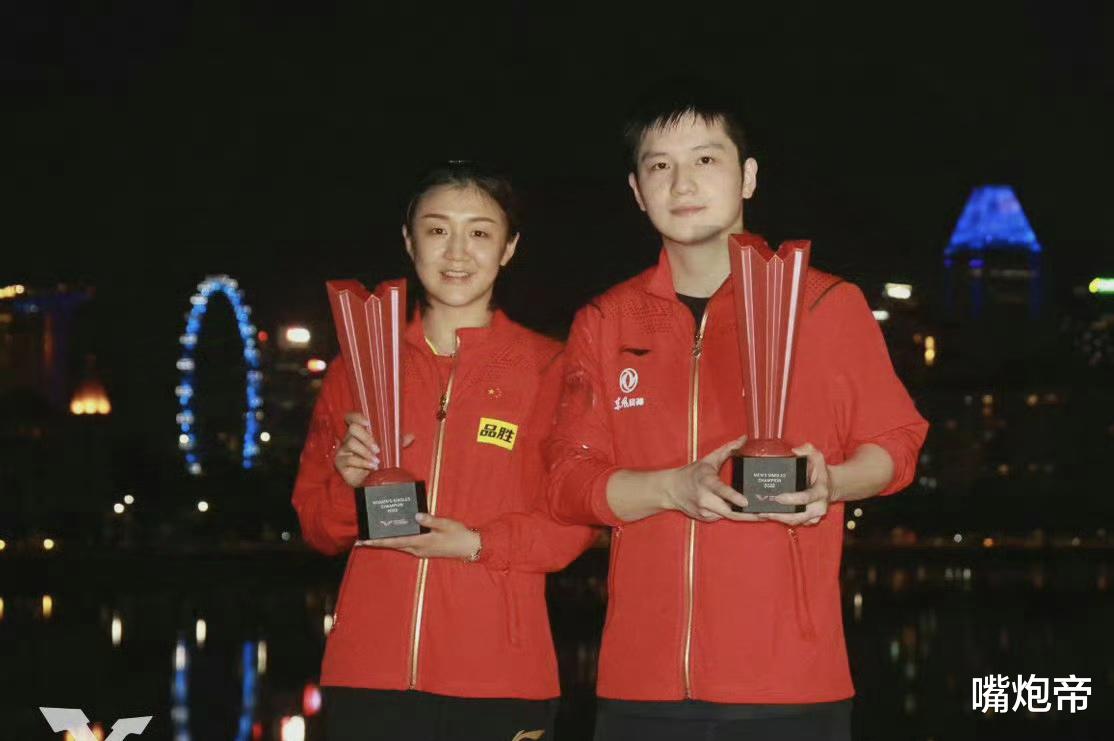
This means that Fan Zhendong and Chen Meng, two superstars of the national table tennis team, have been excluded from this Grand Slam event, likely facing another "zero assignment" fate. With Fan Zhendong, Chen Meng, and Ma Long all stripped of their participation rights for the Singapore Grand Slam, four adverse impacts and questions have arisen.
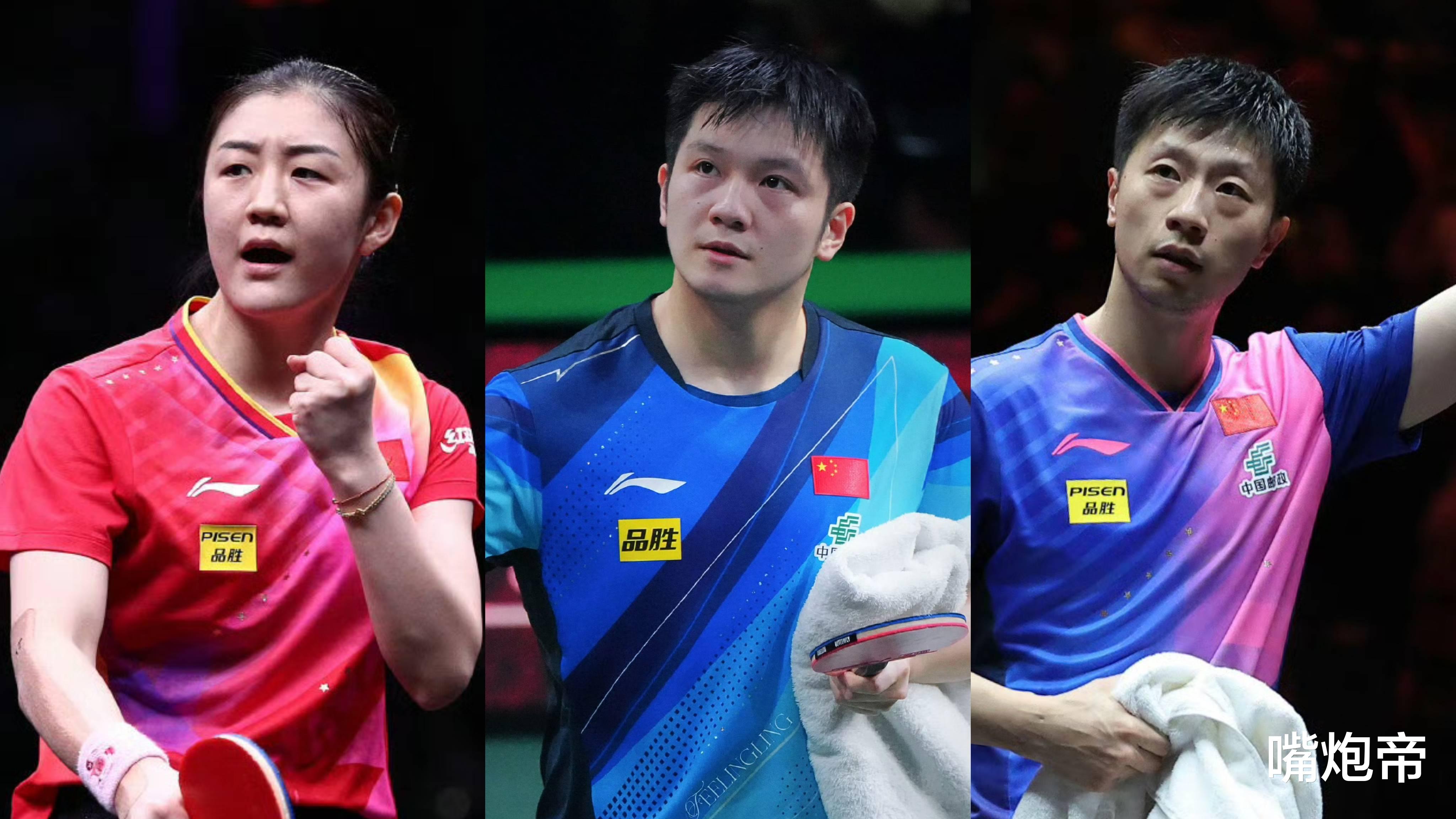
Firstly, it is baffling that two newly crowned Olympic champions did not receive the opportunity to compete. While Ma Long, at 36 years old, may be looking to gradually retire, Fan Zhendong and Chen Meng are fresh off their Olympic victories. Their competitive form is undoubtedly at its peak; it's implausible that they would decline significantly within just half a year.
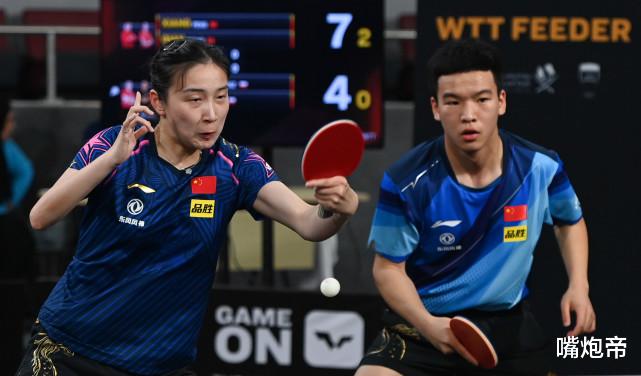
Now, they are not allowed to participate in the competition. How will they fare in the upcoming World Championships? If they can't even compete in a high-stakes event like the Singapore Grand Slam, which awards 2000 points, how can they hope to participate in the World Championships? This could be the most severe impact: two athletes who just won Olympic gold cannot compete in the pinnacle of world table tennis events, which is inexplicable.
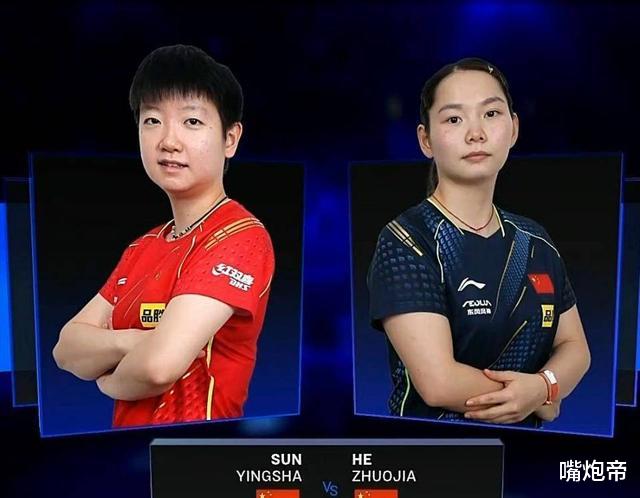
Another peculiar aspect is that while it appears four young players have been given priority, in reality, there is only one true newcomer: Xiang Peng, born in 2003. The other three new faces—Qian Tianyi, Zhou Qihao, and He Zhuojia—are not young players. Qian Tianyi, despite appearing to have more opportunities this year and being considered a newcomer, was actually born in 2000, making her part of the same cohort as Sun Yingsha, and she is even older than Sha Sha. If she is considered young, then what does that make Sun Yingsha?
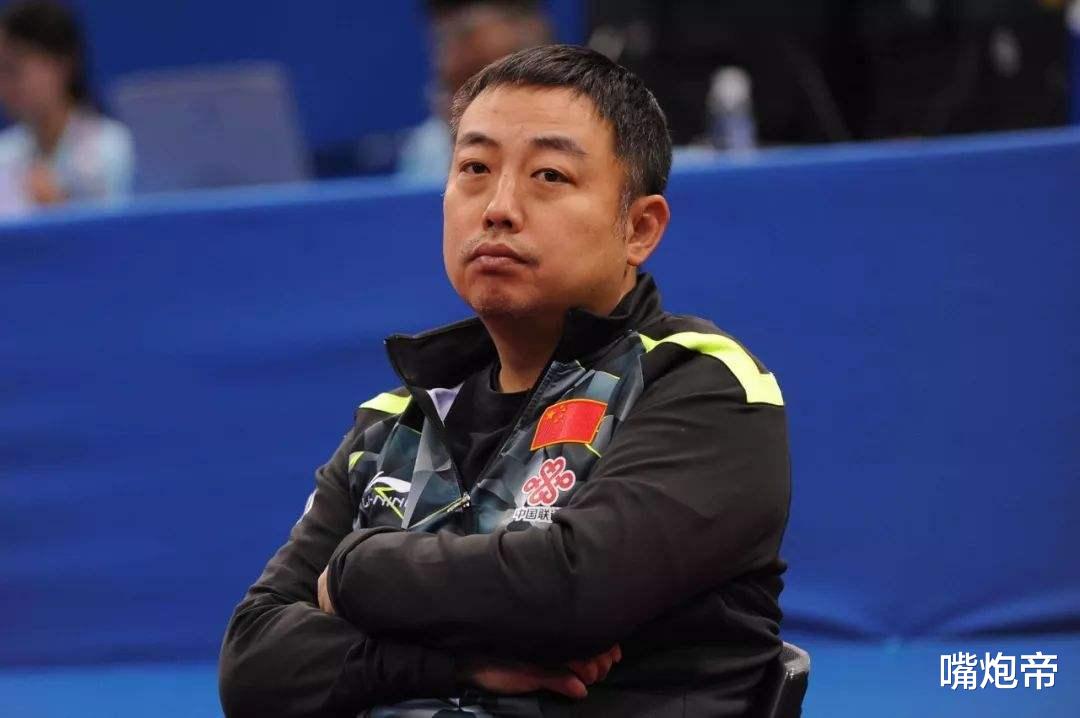
As for He Zhuojia and Zhou Qihao, it gets even more absurd. He Zhuojia was born in 1998 and is already 26 years old, while Zhou Qihao, born in 1997, is 27. Are these considered young players? Out of these three, only Xiang Peng, born in 2003, can be considered a young player and a fresh face. None of the others qualify as young. Is this how you promote new talent? Liu Guoliang's team building strategy should focus on the young, not the old.
Thirdly, let's not mention Ma Long and Chen Meng; Fan Zhendong is only 27 years old. Excluding him from such an important event as the Singapore Grand Slam raises questions about his chances at the World Cup and World Championships. In interviews, Fan Zhendong has repeatedly stated that he is not ready to retire and wants to continue playing. So why isn't he allowed to participate? Considering his performance in the National Games and the China Table Tennis Super League, where he only lost one match in total, it's clear that he has been training diligently to maintain his skills. If he is consistently practicing, why is he not allowed to compete?
Lastly, the biggest question and potential negative impact is that by not allowing Fan Zhendong to compete in international tournaments, it seems unrelated to team building or age. If two current Grand Slam champions are barred from competing in the Grand Slam, who will step up if the Singapore Grand Slam title is lost? When there is no one to shoulder the responsibility in times of defeat, the coaching staff must not long for Fan Zhendong's return.